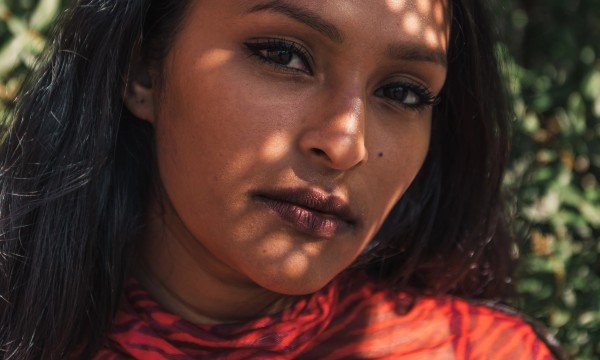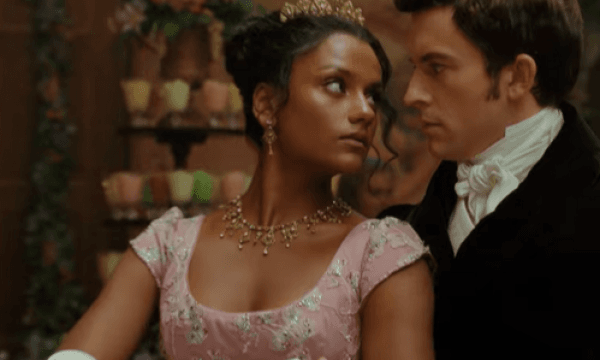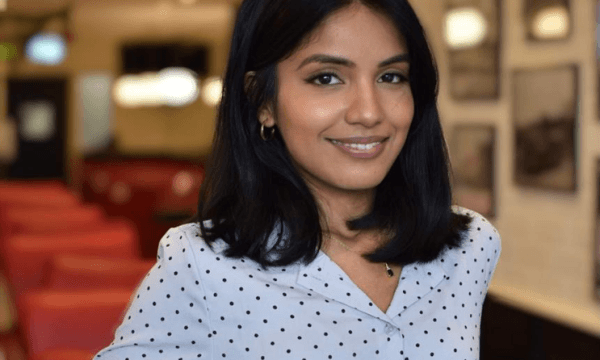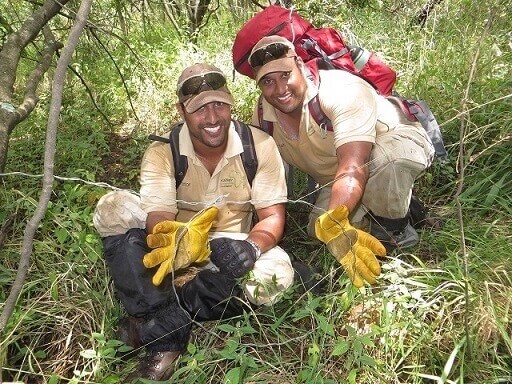
Weekend morning hikes and adventure activities are an amazing experience. Recently, my friend invited me to a Sunday morning hike and I was caught by surprise at how inspiring the day was. This is why I decided that Kailen Padayachee, a 29-year old conservationist and wildlife ecologist whose company is KaiNav Conservation Foundation, was the next story that needed to be told. Here is our conversation about conservation:
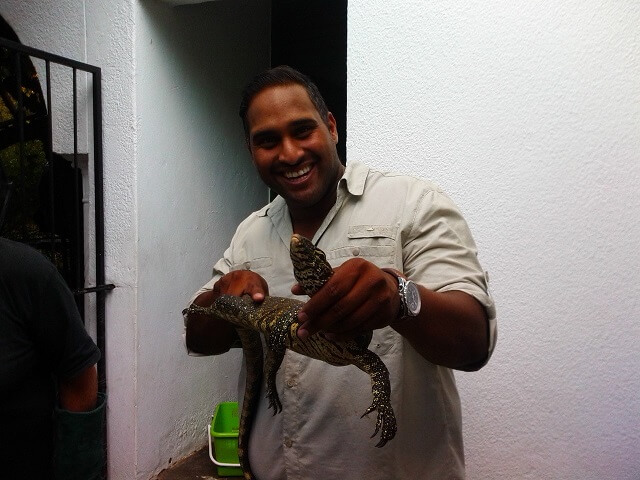
Kailen enjoying some of his daily conservation and research activities
Nirvani: Kailen, tell me about how you got to be a nature conservationist, notably a unique choice of career for a South African of Tamil/South Indian heritage?
Kailen: My parents are avid conservationists even though they’re both involved in the construction business. During our childhood, my identical twin brother and I would spend hours in nature areas with our dad, which sparked our interest in animals and the environment. We spent our early childhood close to Durban and we often spent time in the ocean, learning so much. Our parents always supported our interest in nature, which soon became a passion for my brother and I. His focus was estuarine ecology and mine is raptor ecology. Our choices complemented each other’s fields.
N: I notice that you speak about your brother in the past tense. He is the ‘Nav’ part of KaiNav conservation.
K: In May 2016, my brother and I were on a rescue mission in Magaliesburg, about 40 minutes outside of Johannesburg. A climber had fallen and needed to be rescued by helicopter. Navelan had a pre-existing heart condition and shortly after the rescue he suffered cardiac arrest. He was 28 and was a special soul. We had quite literally done everything together and had the strongest connection, more than I have ever had with anyone else. I was left quite devastated by his passing but I understand that it is important for me to carry the flame of our childhood dream. We both wanted to live purposeful lives where we make positive contributions to nature and people.
N: That is certainly a very powerful story and one that has, no doubt, changed you. What are your ambitions for the future, especially with this business that you have founded with Navelan?
K: I really want to carry on Navelan's legacy through the foundation, and grow the business into a self-sufficient non-profit environmental research organization, focusing on urban biodiversity conservation within human modified areas. Johannesburg is a prime example of this and I hope that my contributions to conservation in this city can mitigate the negative impacts of urbanisation, as has occurred in other major cities around the world. I focus on strong biodiversity conservation messages through educating our younger generation. It would be sad if urban development resulted in our kids not having the opportunity to experience nature. Challenges happen all the time and through trial and error, I’ve decided to be very discerning in the projects I choose to work with. I have learned to say no when I need to, especially if conservation goals are not aligned. I run a non-profit organization, but I also work with corporate, which ultimately funds my research projects. These research projects are critical to understanding the environment better, and to protect endangered ecosystems.
N: What does the future hold for you?
I have just completed my Masters in nature conservation and will commence my PhD quite soon. I am passionate about urban wildlife ecology and I hope to make a marked contribution in this field.
N: Congrats! It is great that you’re pursuing this goal at such a young age. It is also a very different career choice for someone of Indian ancestry. You’ve dodged the lawyer/medical doctor/accountant syndrome quite successfully.
K: I am fortunate in that my parents allowed my brother and I to really live out our passions and choose a very unique path. I am currently the only person in my family who is involved in nature conservation. I chose a career that might not necessarily be economically driven, but that allows me to live a purpose driven life. We formed our company to change perceptions about conservation in our community and to inspire others to care about the environment. Apartheid did have some influence on career choices in this country and not enough South African’s of Tamil/Indian origin were interested in conservation as it is often linked to an historically white culture. I was one of three nature conservationists of South Indian descent in my year of study. My brother and another friend, both of whom have since passed away, were the other two.
N: Tell me about your cultural roots and a little about your family
K: My parents moved to Johannesburg when I was nine. My paternal grandmother moved away to Australia where she still lives, so we have not spent too much time with her. The four of us, my parents, Navelan and I, were a very close nuclear family and even though Navelan has passed on, there is still a strong family bond. As I grew up in Johannesburg I don’t have the typically Durban accent but I do appreciate what our cultural roots are.
N: It is evident from how you speak about conservation that Africa is close to your heart.
K: Africa is my home. I consider myself to be African of South Indian descent. I’ve been on holiday to India once. It was quite an eye-opener and reinforces why I belong in Africa. If I did not live in South Africa, I would live somewhere else on this amazing continent. I believe that my purpose is to always work towards a better Africa. Community service is also something very close to my heart. Through my work, I want to encourage more youth to consider environmental science as career choices. There is nowhere better than Africa to carry this out practically.
N: What is the message that you want to share with the readers about your work?
K: It would be great to encourage a spirit of volunteerism and support urban biodiversity conservation, especially because we can get so disconnected from wilderness areas when we live in big cities. Visit our website www.kainavconversation.org for information on how you can get involved.
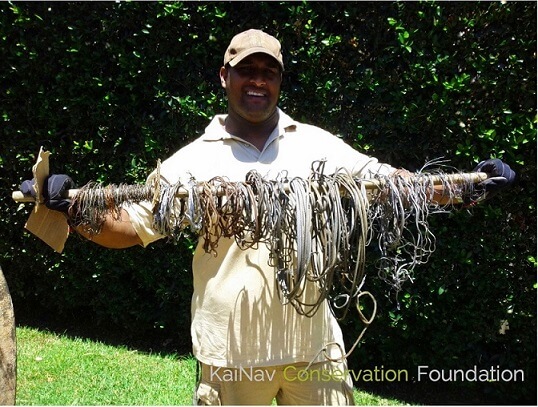
Kailen showing off a collection of snares - one animal saved per snare







